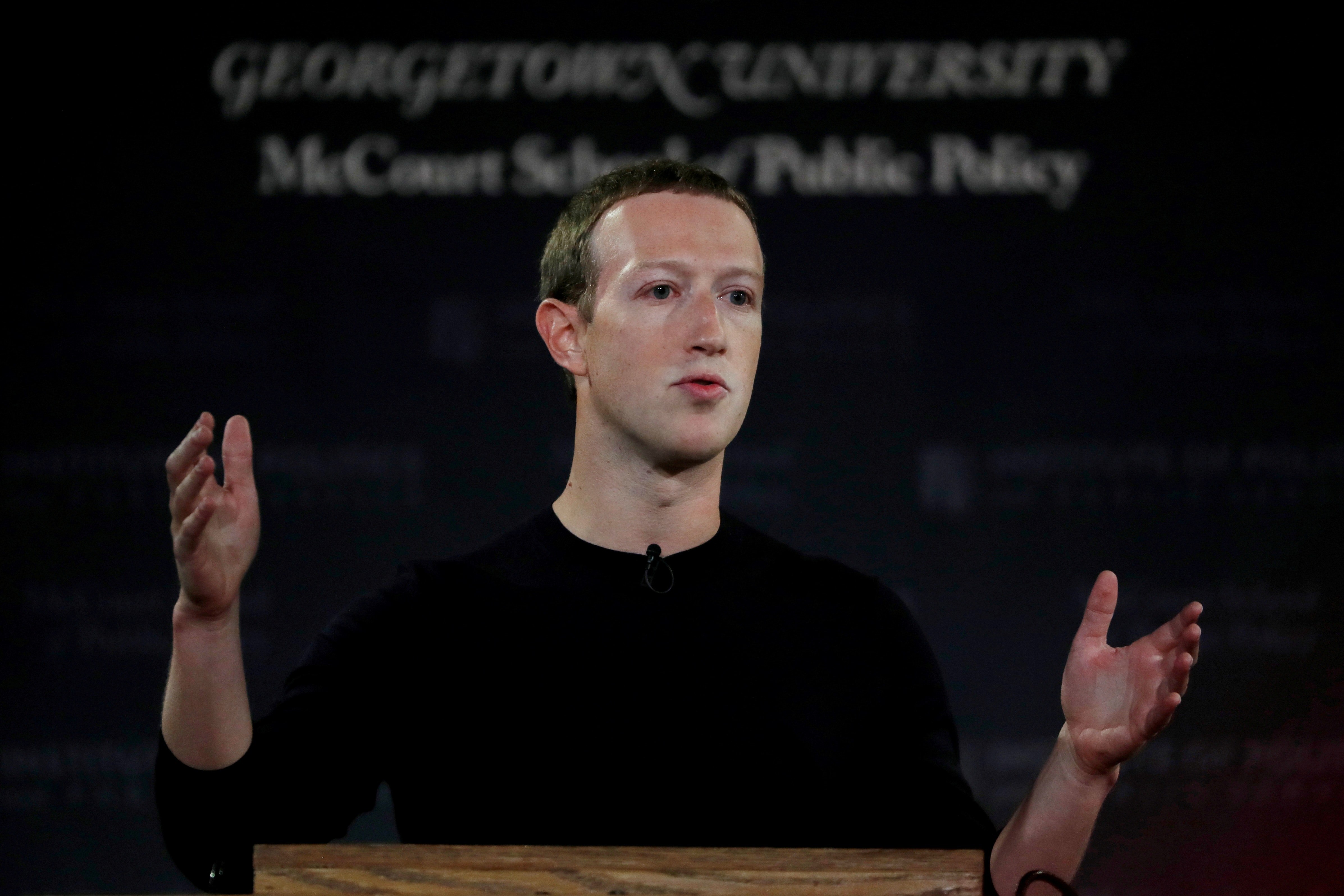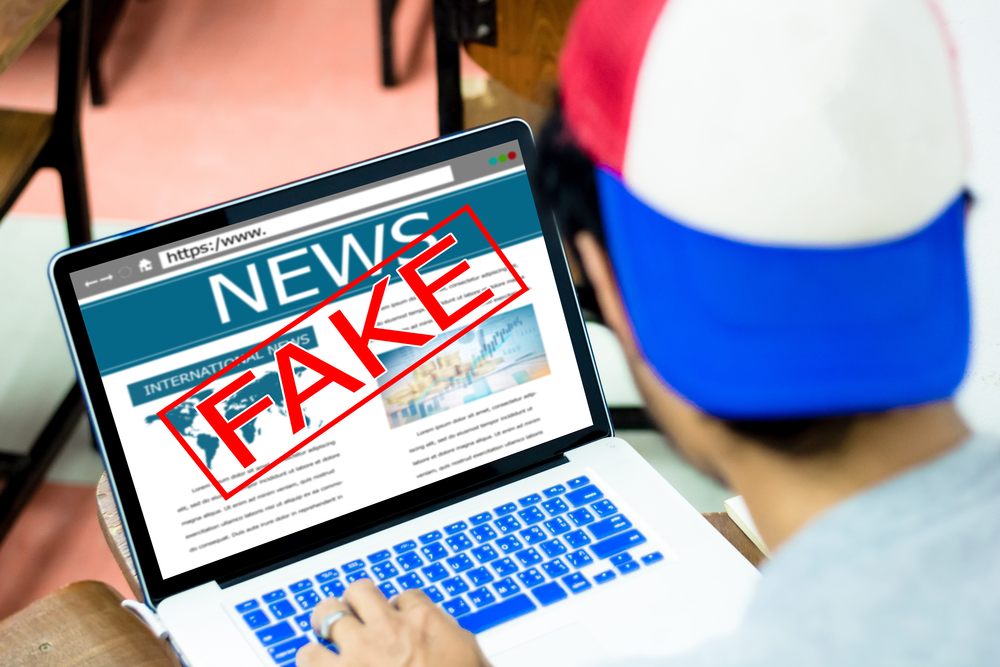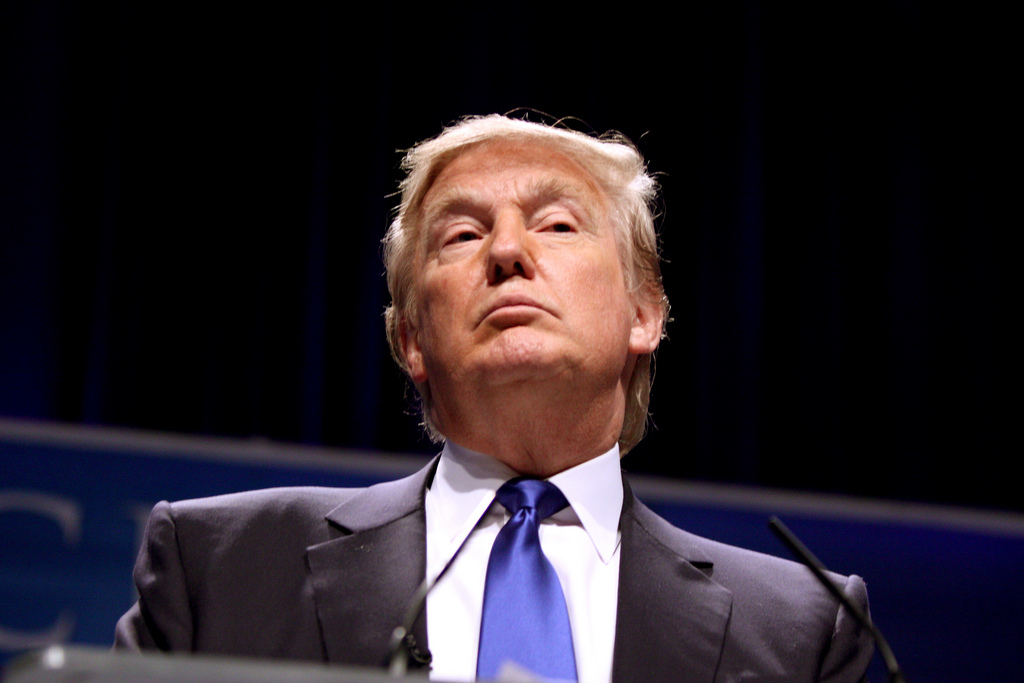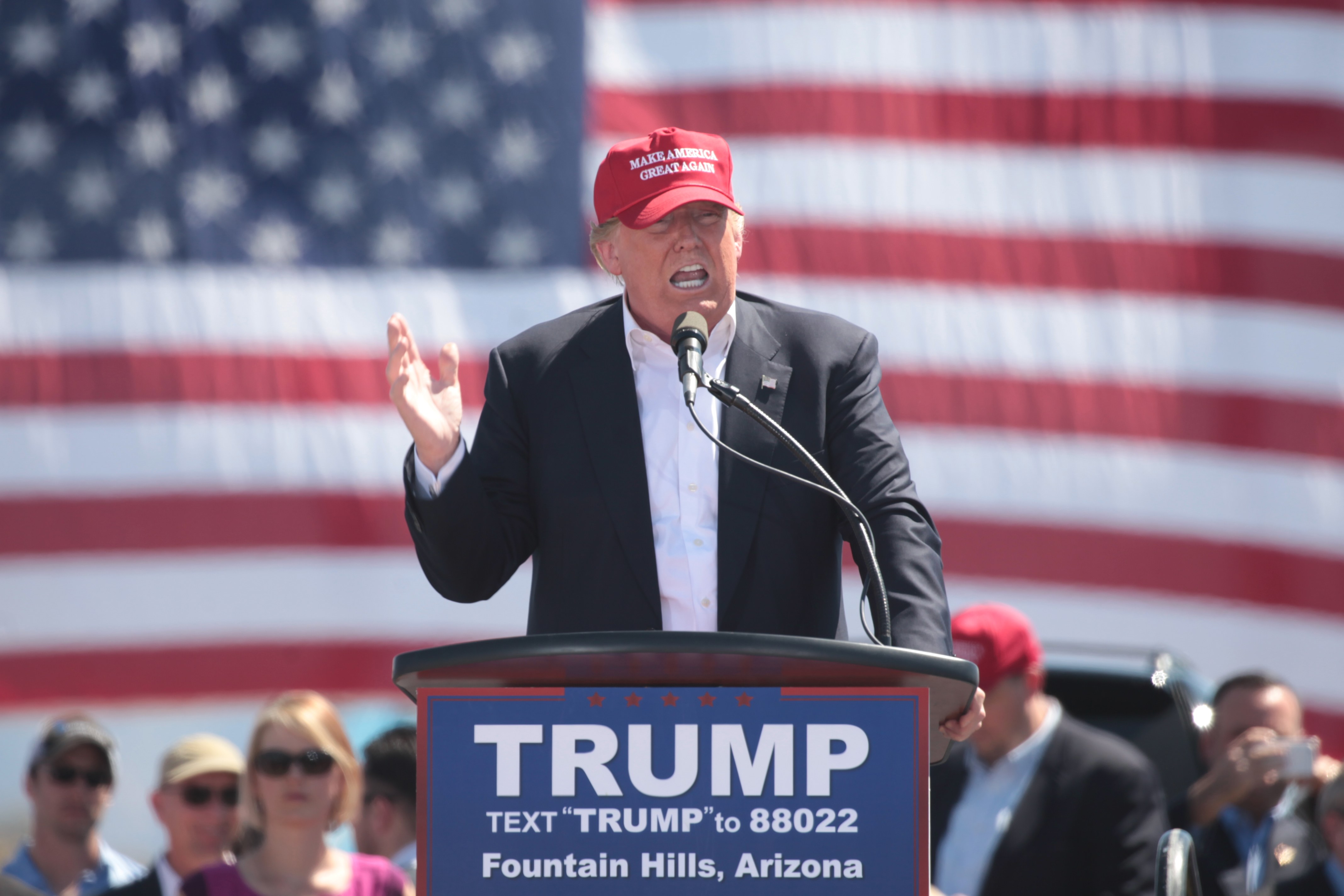How Trump and Nunes Use Defamation Lawsuits To Silence Their Critics
Public officials using libel suits as a weapon against the press is nothing new. In the time of Times v. Sullivan, southern officials had brought nearly $300 million in libel actions against the press. For reference, Nunes alone has brought just over $900 million in defamation claims in a twelve-month period.
Zuckerberg Defends Facebook’s Policies in Speech at Georgetown University
By invoking the United State’s unique commitment to protecting free expression, Zuckerberg sought to draw attention towards the positive aspects of social media.
Gene Policinski Commentary: Corrections Should Be Seen As Good Things, Not Weapons For Critics
The Newseum Institute’s First Amendment expert, Gene Policinski, originally published this commentary on September 21, 2018, on the Newseum blog, and has given First Amendment Watch permission to reprint. To […]
What is fake news? Facebook and Google offer mea culpas for spreading it and hire legions of staff to counter it. Congress investigated how the Russians promoted it during the 2017 Presidential election. President Trump calls out "fake news"organizations in tweets several times a week. Has the term itself lost its meaning? A recent survey by the Freedom Forum Institute reveals many Americans believe fake news is a major threat, even over hate speech. What more can be done to separate fake news from facts?
Every year the First Amendment Center of the Freedom Forum Institute conducts the State of the First Amendment survey, which examines Americans’ views on freedom of religion, speech, press, assembly and petition, and samples their opinions on contemporary First Amendment issues. The survey, conducted in partnership with Fors Marsh Group, an applied research company, has been published annually since 1997, reflecting Americans’ changing attitudes toward their core freedoms.
President Trump Takes Fake News Accusations To New Level Tweeting Negative Coverage Equals Fake News
Presidents make use of all forms of communication to get their message out to voters. No other President has so effectively used Twitter as President Trump who has called it his "own form of media" used to counter "fake news." In his latest deluge, President Trump equates negative news coverage with "fake news" and threatens to revoke press credentials (again). The central role of the First Amendment is to protect the people in their writings about government affairs and government officials—and especially when it is negative, as that is when the government is most likely to try to punish writers. As James Madison wrote in his Virginia Report of 1800, freedom of the press protects the "right of freely examining public characters and measures, and of free communication among the people thereon, which has ever been justly deemed the only effectual guardian of every other right.”
President Trump’s Plans for Libel Laws
President Trump and his team want to ‘open up’ libel laws. The goal: to make it easier to sue media organizations for unfavorable coverage. But there is little that the President can actually do to change the libel laws. There is no federal law on libel. State laws control libel, and all such laws are subject to stringent First Amendment protections for the press and other speakers that the Supreme Court has imposed through cases such as the landmark New York Times v. Sullivan decision in 1964. However, threats to loosen the libel laws is noteworthy as part of a larger effort to criticize the press and attack its credibility.
Gene Policinski Commentary: The White House is Wrong. A Free Press Is ‘The People’
The Newseum Institute’s First Amendment expert, Gene Policinski, originally published this commentary on March 8, 2018, in the Austin American-Statesman, and then Newseum blog, and has given First Amendment Watch permission to reprint. […]






